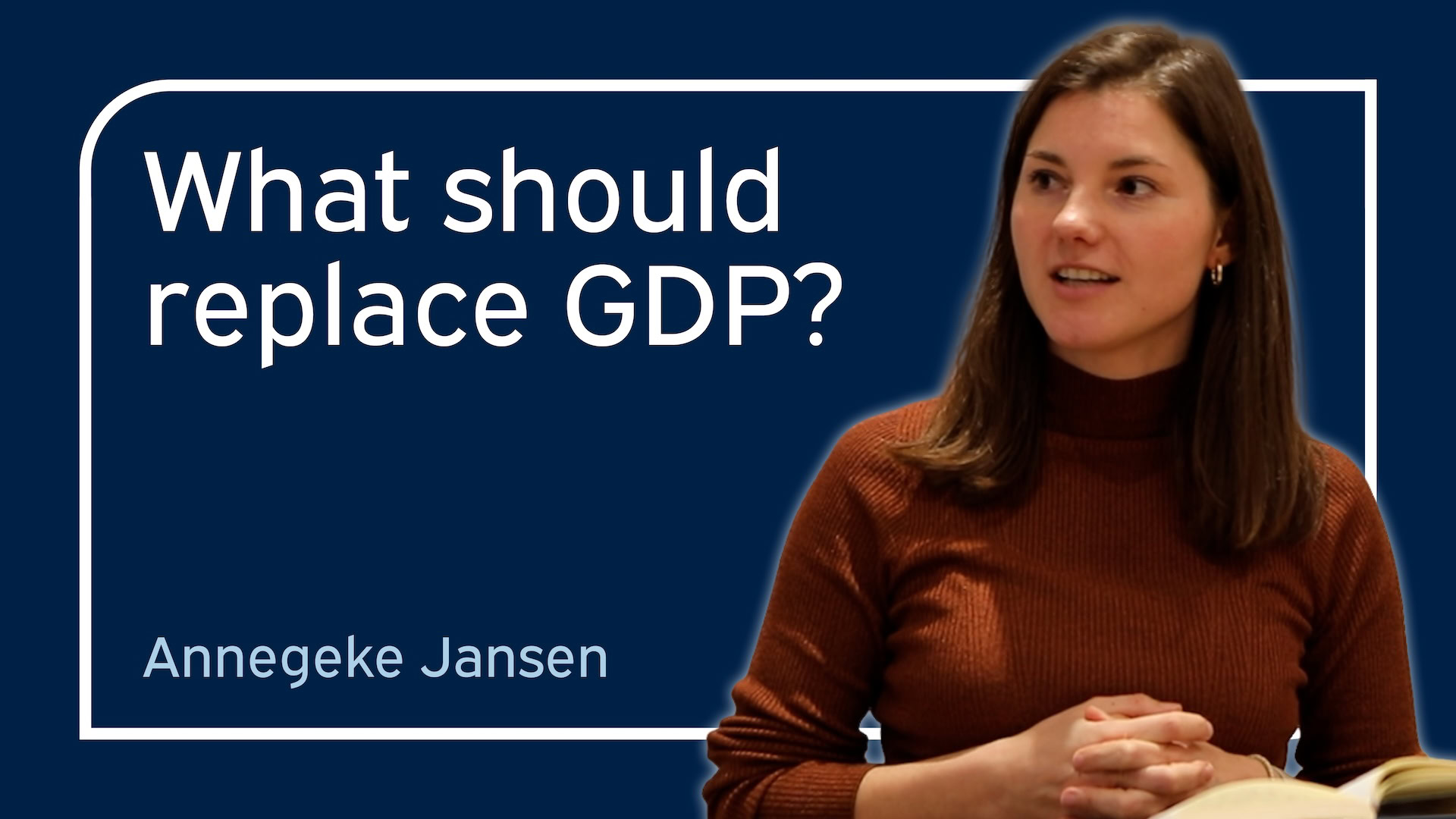Alexi Gugushvili, Elias Nosrati and Caspar Kaiser
Abstract
Background Educational mobility is considered a key driver of population health. While prior studies suggest that intergenerational equality of opportunity may be linked to mortality, most evidence comes from high-income countries. Little is known about whether these associations apply globally.
Objective This study assesses the relationship between intergenerational educational mobility and all-cause mortality across a global sample of countries.
Methods We combine country-level data from the WHO Mortality Database and the World Bank’s Global Database on Intergenerational Mobility, covering five birth cohorts across 148 countries. Using multilevel random effects models, we estimate associations between four dimensions of educational mobility (upward, downward, stagnant, and correlation-based) and age- and sex-adjusted all-cause mortality, controlling for national indicators of education, income, inequality, health spending, unemployment, and political freedoms.
Results Higher upward educational mobility and lower stagnant mobility are significantly associated with reduced all-cause mortality. In fully adjusted models, a one standard deviation greater measure of upward mobility is associated with a reduction of 29.1 deaths per 100,000 population, while a one standard deviation lower stagnation measure is associated with a reduction of 27.3 deaths per 100,000 population. These patterns are consistent across high- and low-income countries.
Conclusions Our findings suggest that promoting educational equality of opportunity may reduce mortality and improve public health worldwide. Strengthening social mobility, especially in settings with persistent educational inequality, can be an effective policy lever for reducing health disparities and supporting healthier populations.


